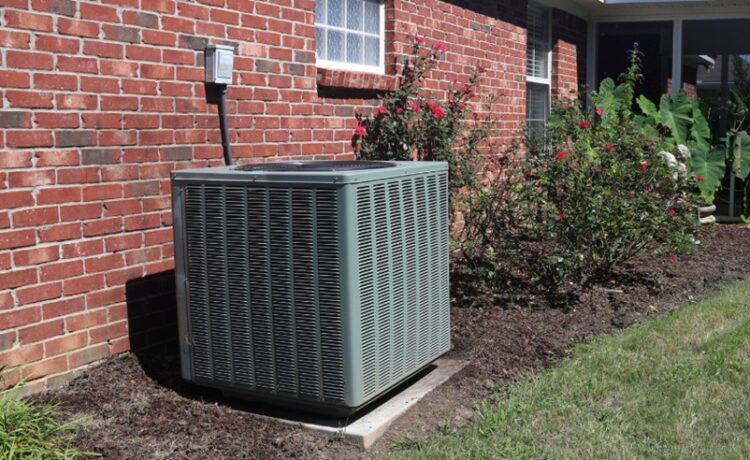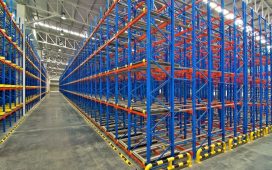Deciding whether to repair or replace your HVAC system is no small task. It’s a balance between immediate fixes and long-term benefits. Understanding this decision is essential for those seeking HVAC services near Punta Gorda to ensure a comfortable, efficient home. Factors like system age, performance issues, and heating needs during the colder months play a significant role in making the right choice. This guide will walk you through the key aspects to consider so you can make an informed decision.
When Should You Opt for Repairs?
Repairing your HVAC system is sometimes the most practical and cost-effective option. Minor repairs, such as replacing a fan motor or fixing electrical connections, often revive your system without the expense of replacement. Addressing minor issues prevents them from escalating into costly problems. Additionally, keeping an existing system operational can be eco-friendly, reducing waste and maximizing its entire lifespan.
Signs That a Repair Is Enough
Before jumping to a complete replacement, there are specific scenarios where repairs will address immediate concerns effectively. Common signs include minor issues like clogged filters, faulty thermostats, or ducts needing sealing. Significantly, during the heating season, repairing parts like heat exchangers or burners can restore comfort without breaking the bank.
If your system is under 10 years old and well-maintained, repair is often the better route to extend its lifespan. Regular maintenance—like seasonal servicing and inspections—usually prevents major repairs from escalating. Exploring the various types of HVAC systems and how they enhance comfort in your home can help you choose the right option to maintain a cozy and efficient living space year-round.
When Replacement Becomes the Better Choice
While repairs may patch immediate problems, there comes a time when replacement is more efficient. Modern systems incorporate advanced features such as programmable controls and zoning, offering superior energy savings and customized comfort that older units cannot provide. Additionally, upgrading to an energy-efficient model can significantly reduce utility bills while boosting the overall value of your home.
Key Indicators for Replacing Your HVAC System
If your system is over 10-15 years old and requires frequent, costly repairs, replacing it could save money long-term. Consistent breakdowns, inadequate heating during winter months, or skyrocketing energy bills are clear signals. Upgrading to a newer, energy-efficient model improves heating performance and reduces operating costs.
Modern HVAC systems are designed to maintain optimal comfort while adhering to energy standards. For instance, systems with variable-speed heating technology adjust airflow based on the home’s requirements, ensuring consistent warmth without energy waste. Additionally, replacement may improve indoor air quality—an article on the role of HVAC in indoor air quality management breaks down its impact on healthier living spaces.
The Heating Factor in Your Decision
For homeowners in climates that experience colder seasons, heating performance is a deciding factor. A failing heating component during winter could leave your family stranded in the cold, making replacement the safer choice. A new system will likely have improved heat distribution, energy efficiency, and features like smart thermostats, enhancing comfort and control.
Making the Final Decision
To decide between repairing or replacing, consider the “50% rule.” If the repair cost exceeds 50% of the replacement cost, it’s often better to replace. Consulting with a professional can provide insights tailored to your specific HVAC condition. Additionally, factoring in long-term savings from a more energy-efficient system can make replacement a wiser choice. Prioritizing reliability and performance ensures your home’s comfort isn’t compromised in the future.
Conclusion
Choosing between repair or replacement impacts both comfort and your wallet. Well-timed maintenance can extend the life of a relatively young HVAC system, while a replacement ensures efficiency and reliability—especially for consistent heating during winter. Acting on maintenance needs promptly saves money and guarantees a cozy, safe home environment. Carefully evaluate usage demands, system age, and performance, and you’ll make the right decision to suit your family’s needs.







